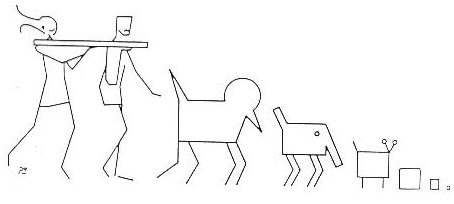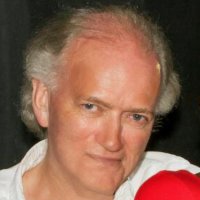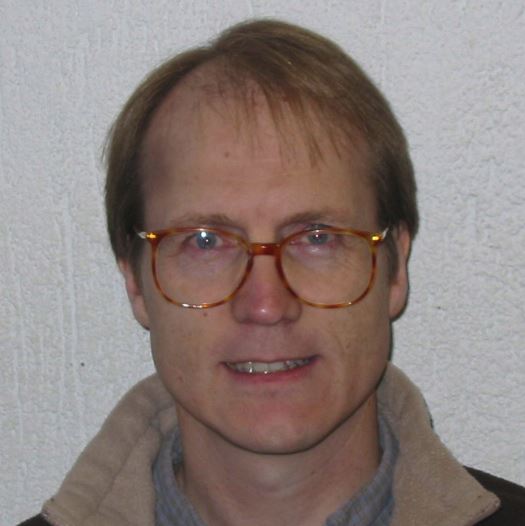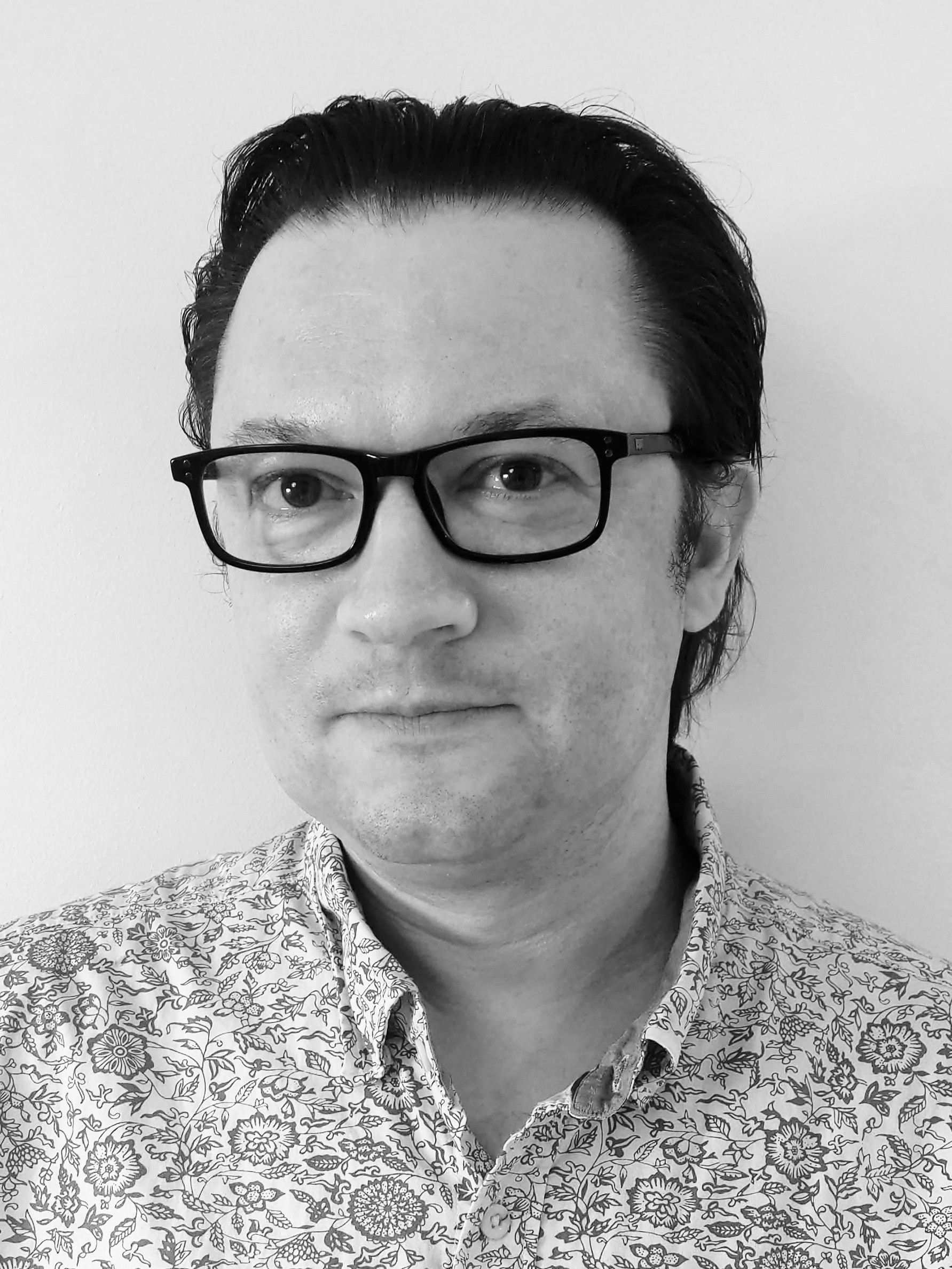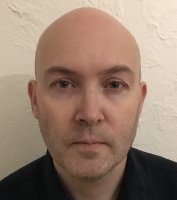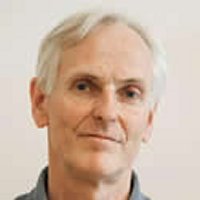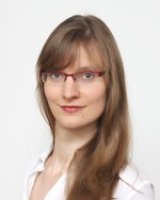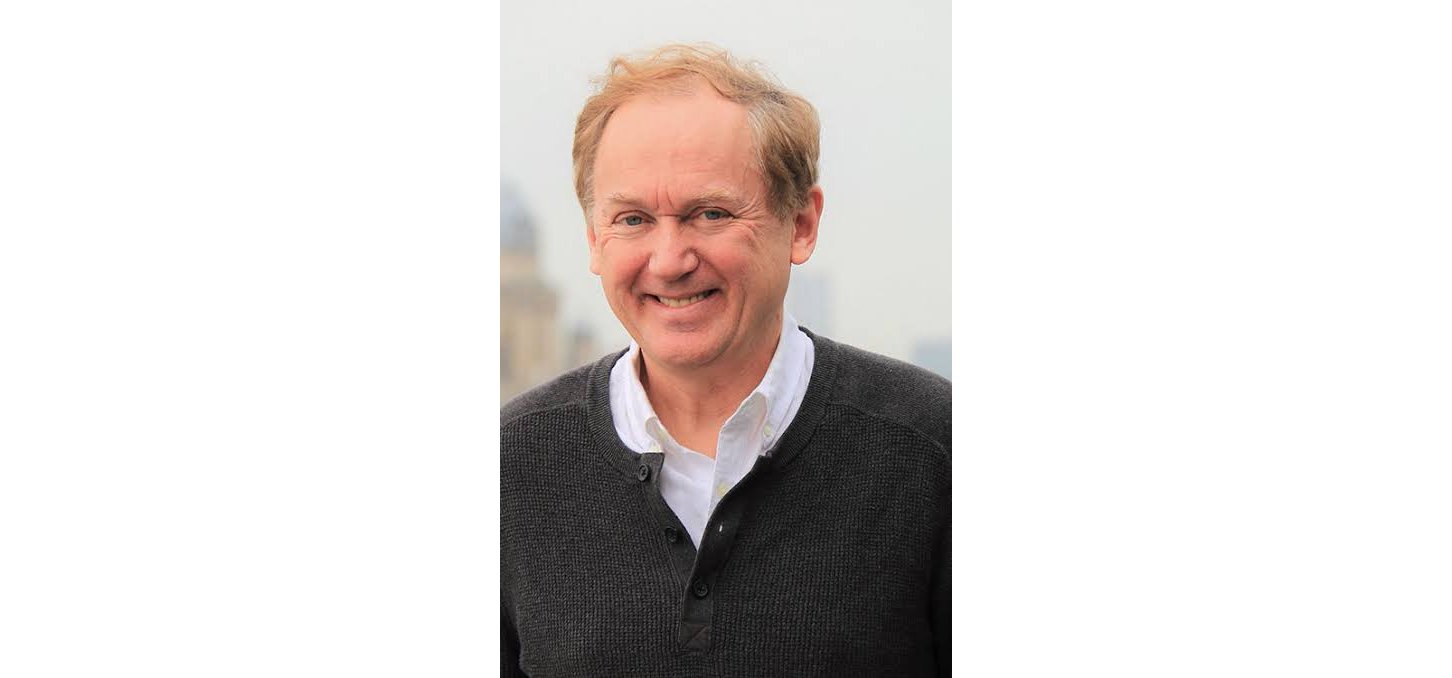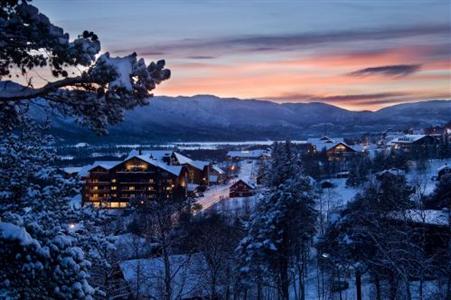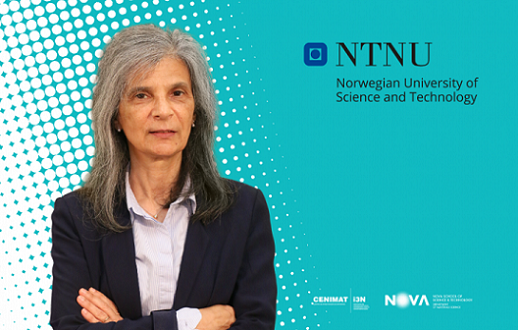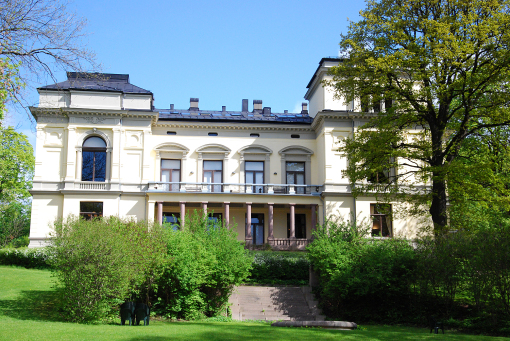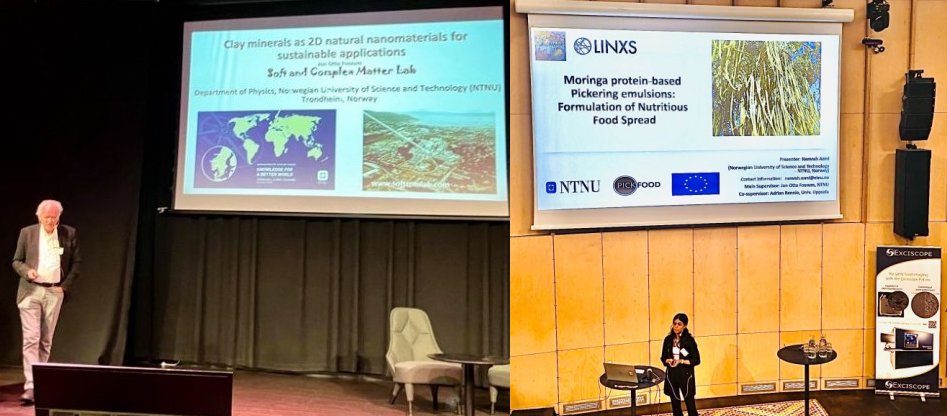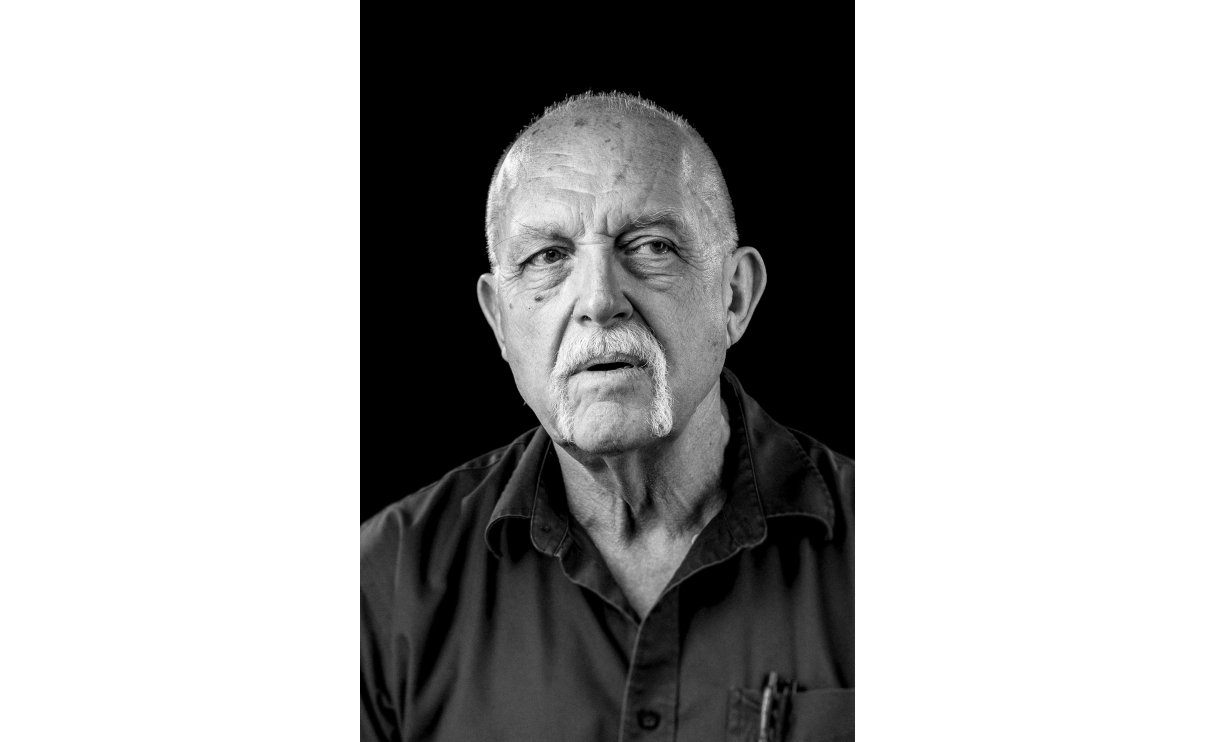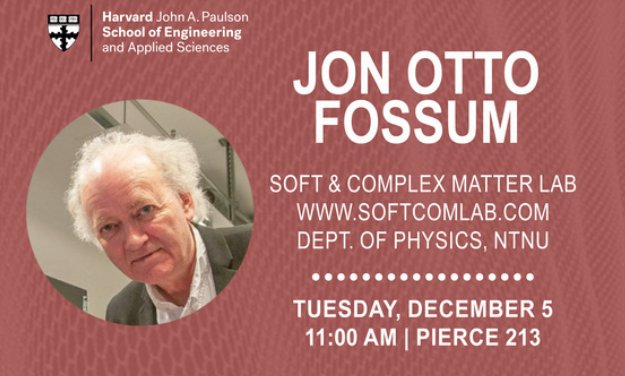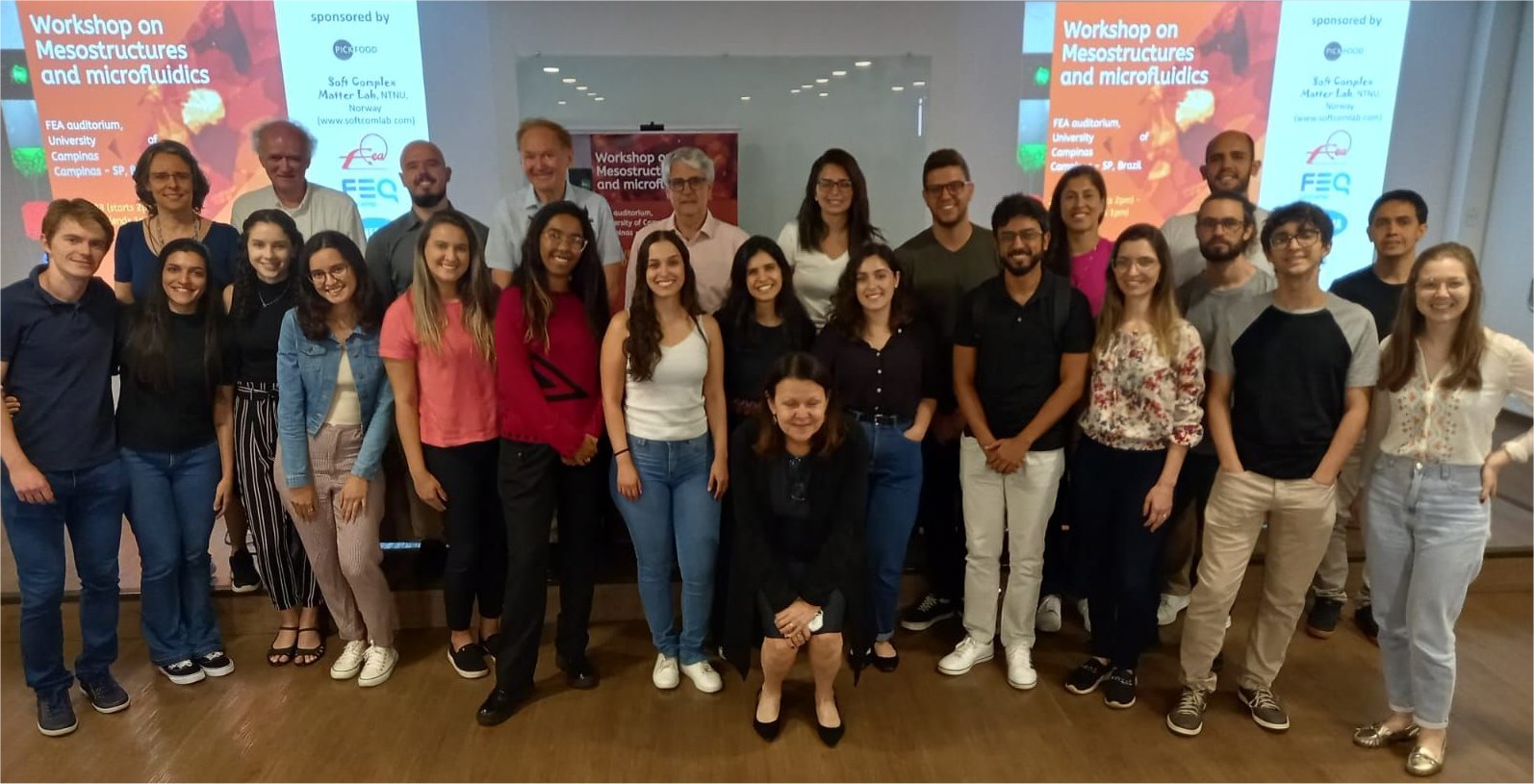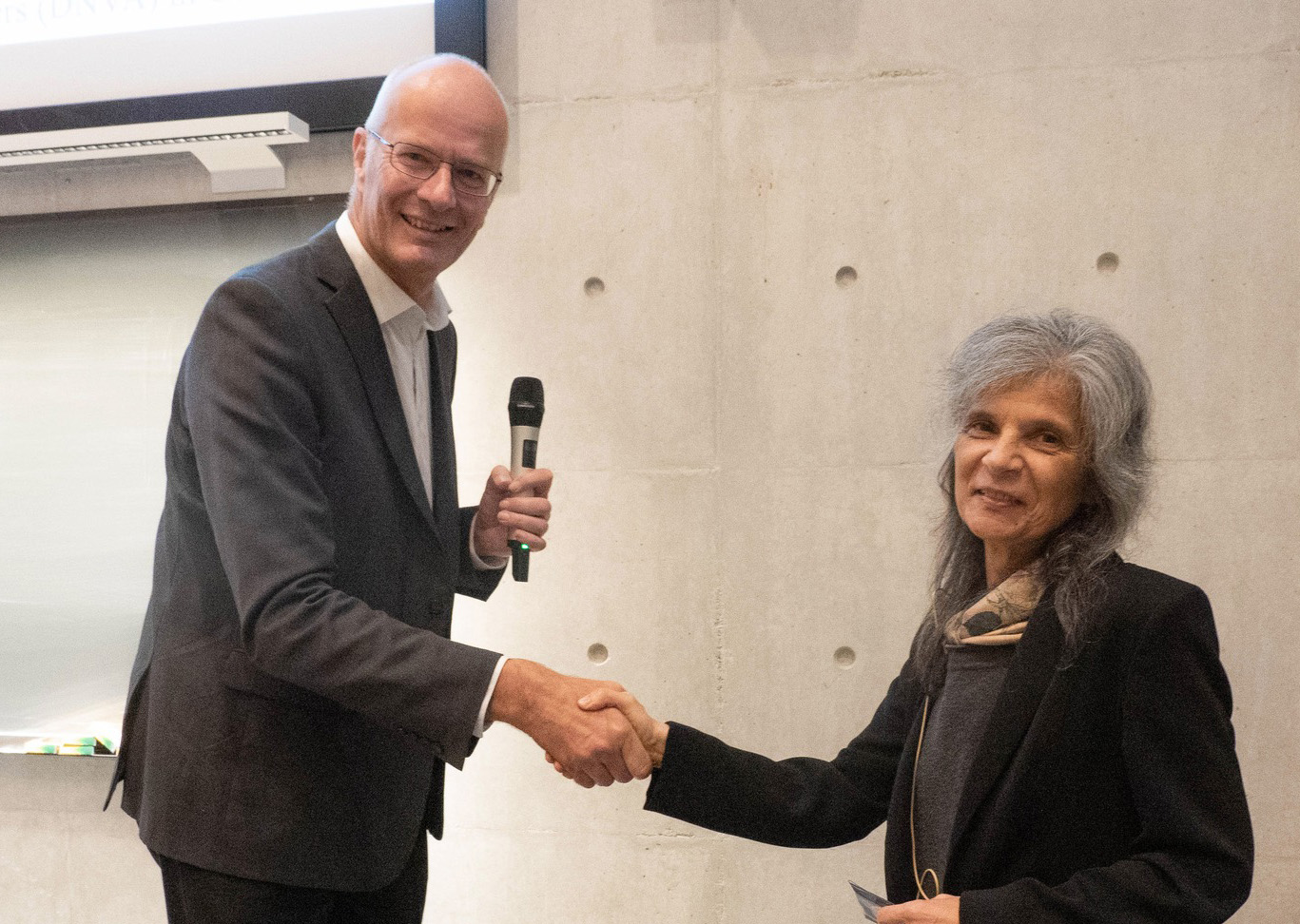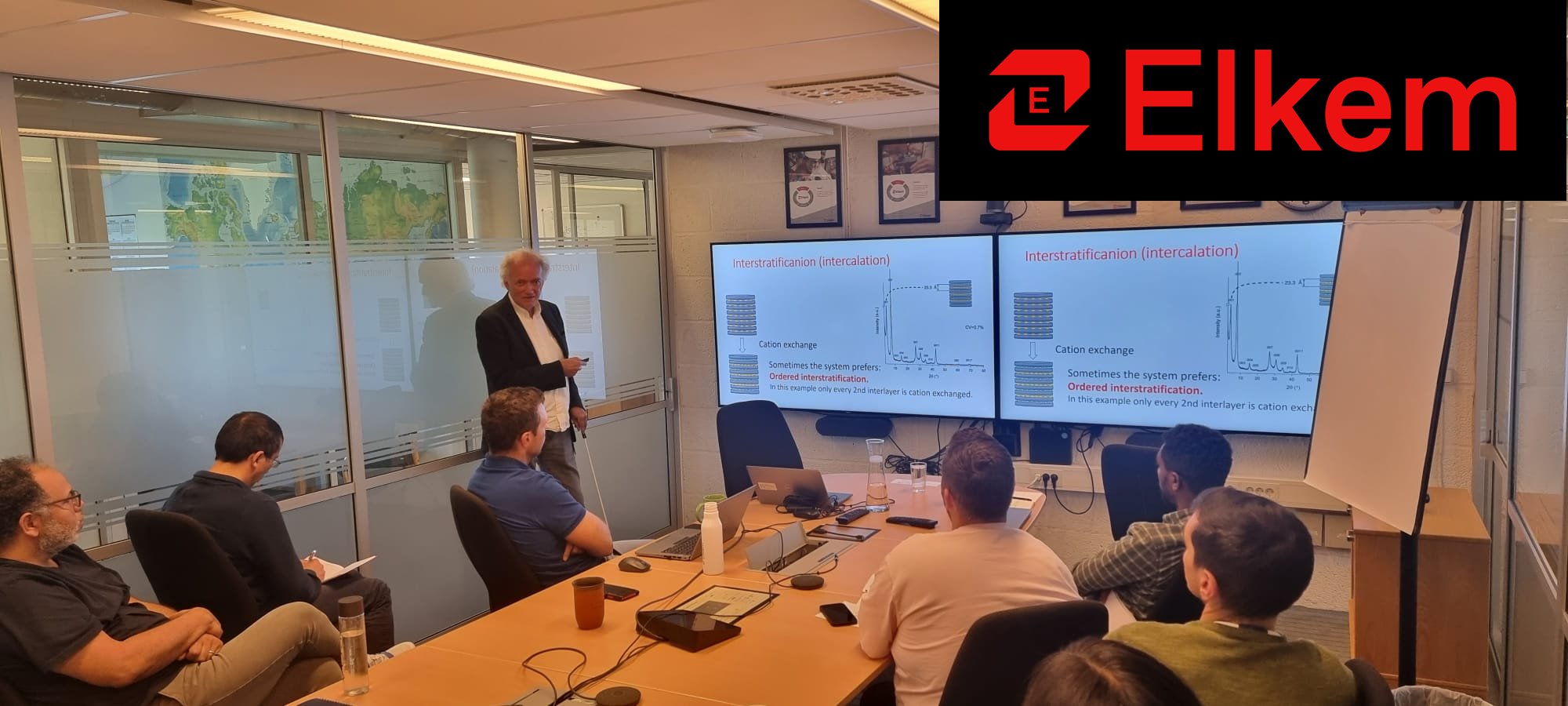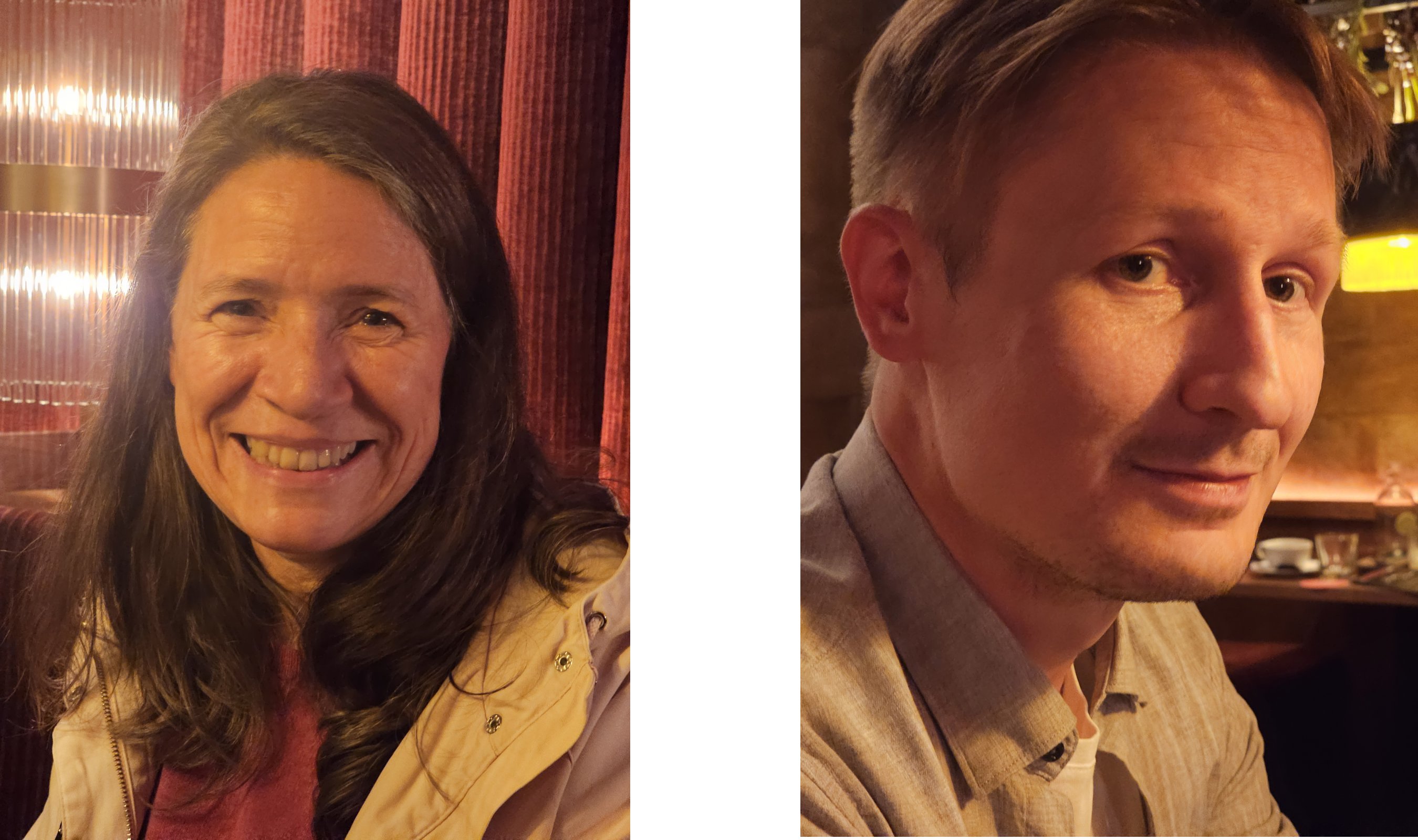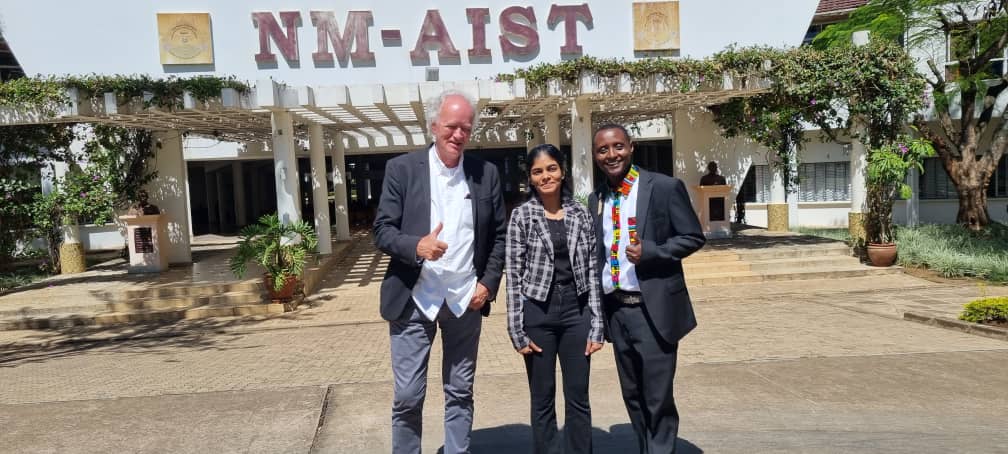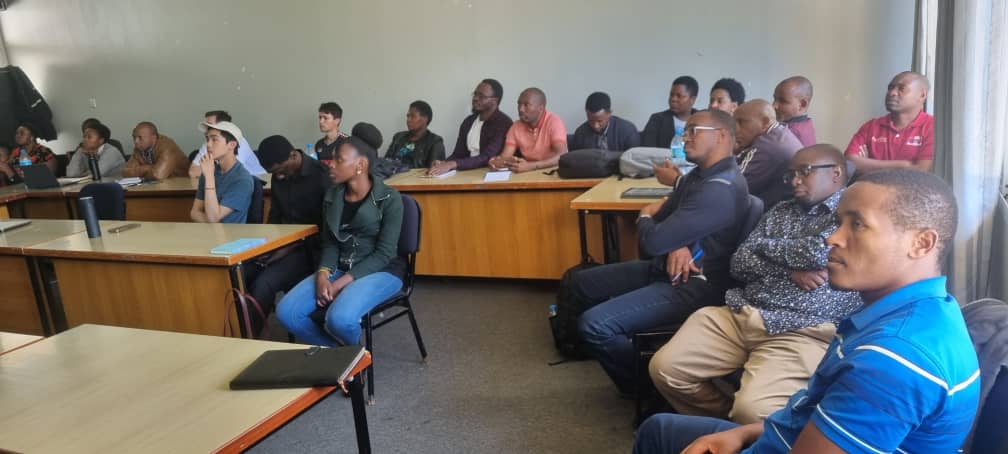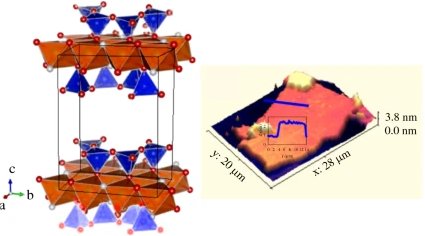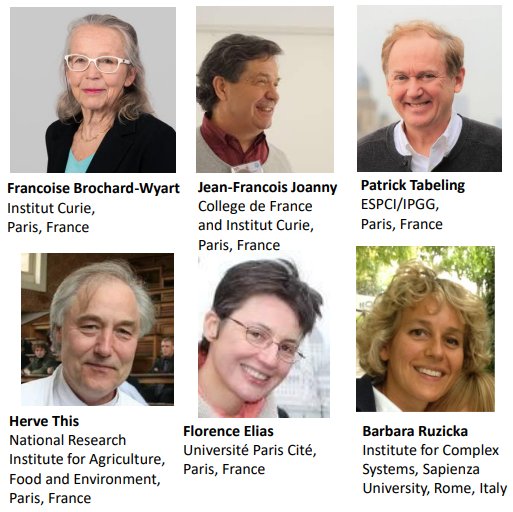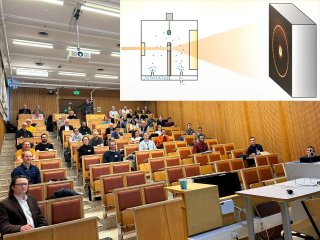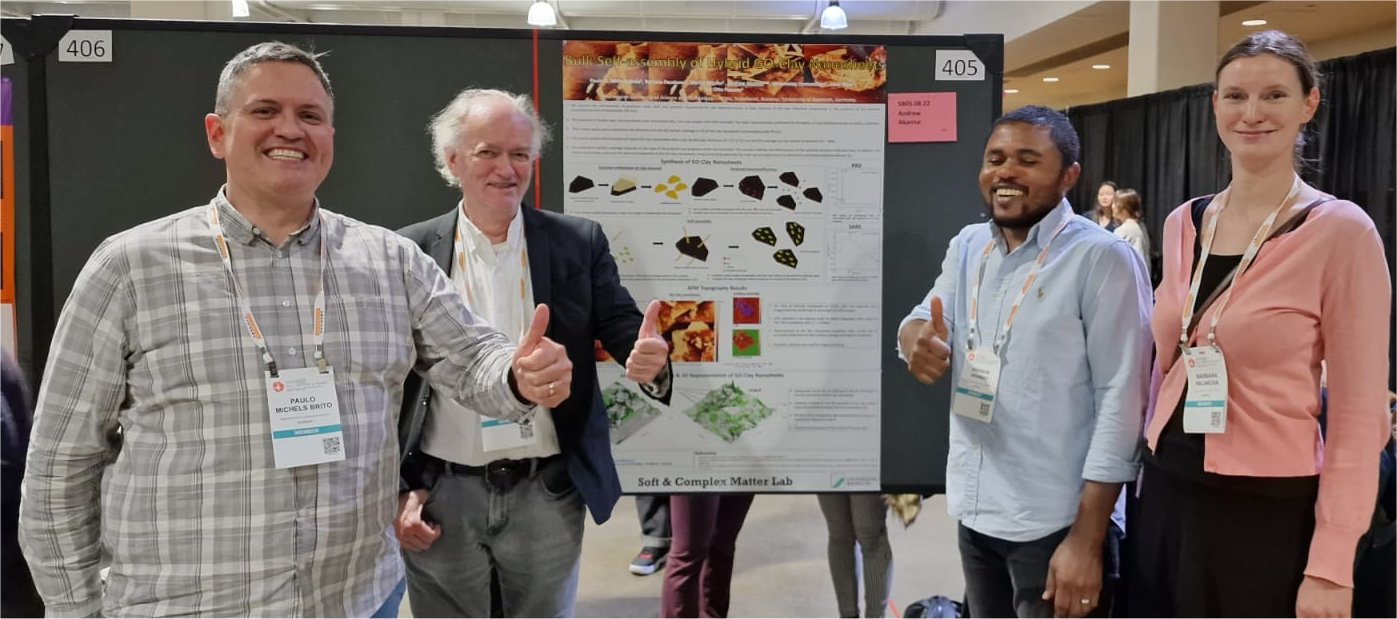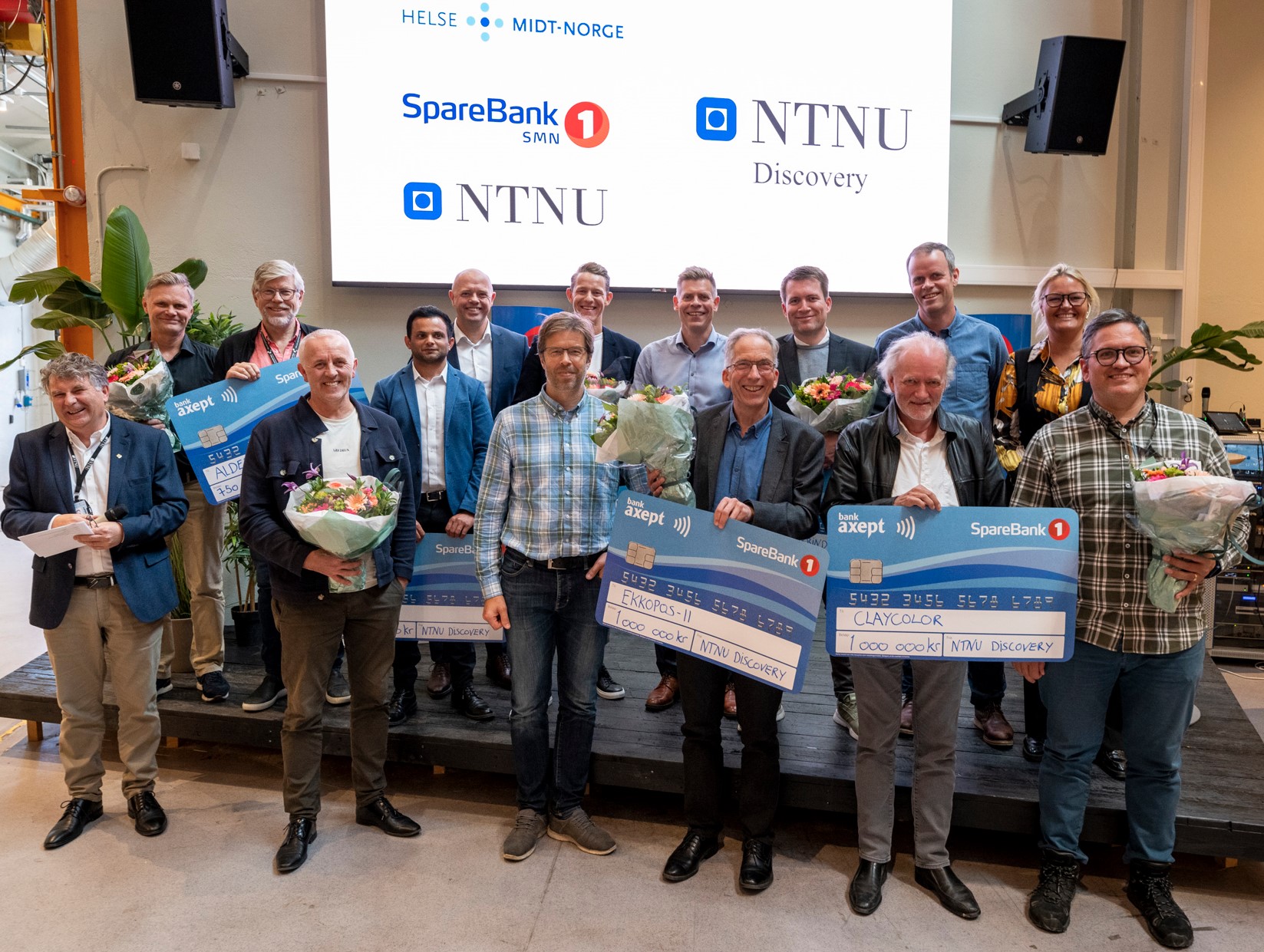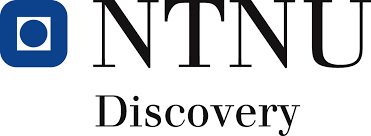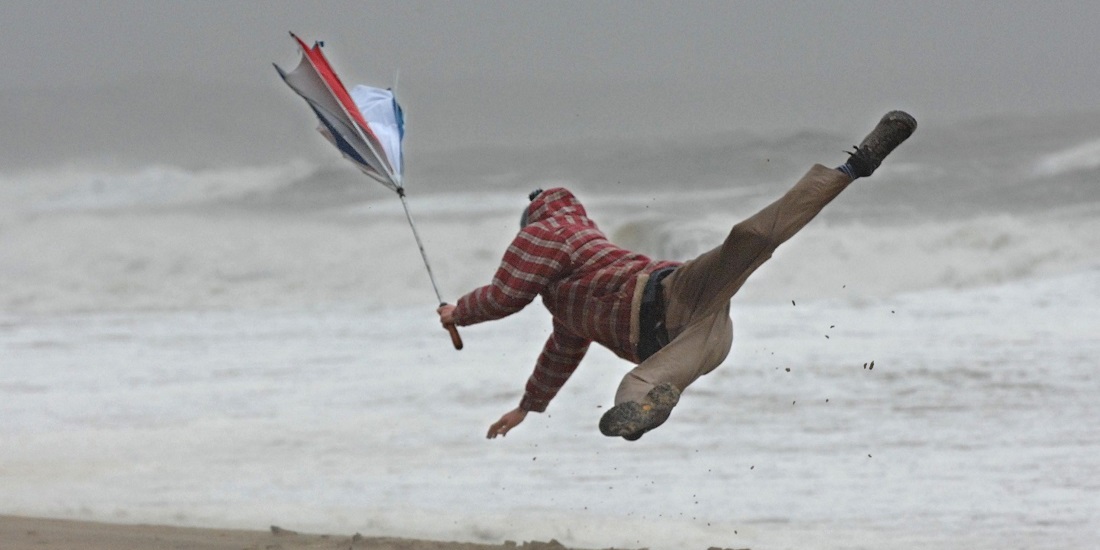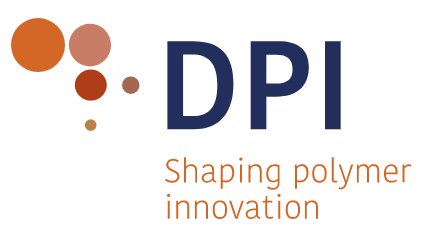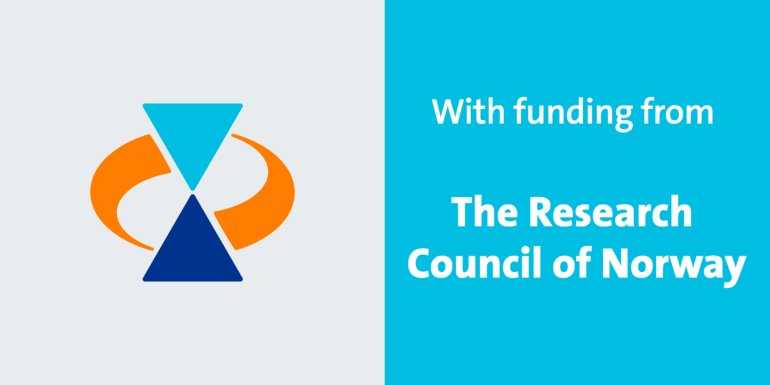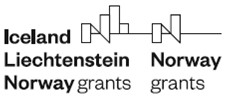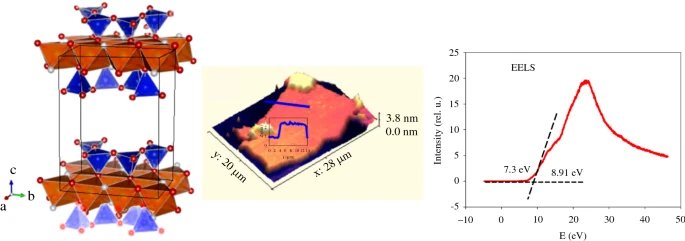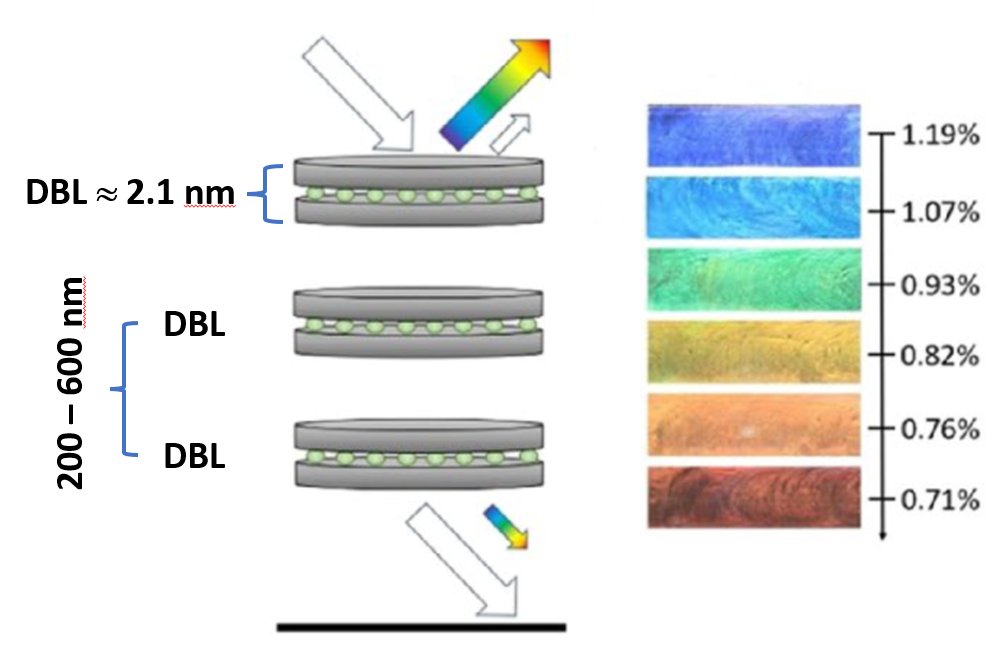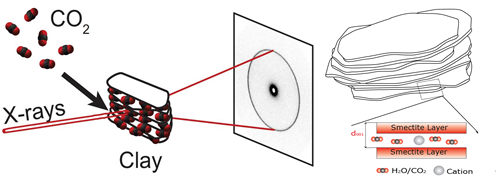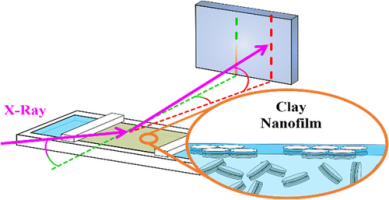Short introduction to the Lab
The Soft and Complex Matter Lab is currently located at NTNU's Department of Physics and Faculty of Natural Sciences.
Soft matter consists of nano- and meso-scale structures that deform under weak external influences, such as flow fields, mechanical forces, or thermal fluctuations. Our research focuses on the self-assembly of nano- and micro-scale building blocks into complex matter. We primarily conduct experimental studies on natural and sustainable composite materials, such as clays, cellulose, and plant-based systems, covering various soft matter forms (e.g., colloids, surfactants, polymers). We are particularly interested in nature-inspired materials, including geo-inspired structures and biomimetic phenomena. Our fundamental approach aims to simplify complexity without losing essential insights (as illustrated by Picasso and de Gennes, see below). At the intersection of fundamental and applied physics, we explore processes like nano- and micro-scale self-assembly and fluid flow through nanoporous media. We also study the application potential of structured nature-based materials for CO2 capture, gas separation, polymer composites, 2D materials, sustainable electronics, and food-related fluids and gels. Our work bridges soft and hard matter, using soft matter processes to fabricate functional composites. Over the past decade, we have coordinated international projects worth over 10 million euros and built strong collaborations with global research groups and industry partners. Our lab supports international researcher exchanges between academia and industry, contributing to Norway’s scientific and industrial advancements. We have filed around 80 patent applications through projects with national and international companies. With a strong interdisciplinary internationally recognized profile, our lab ranks highly in recent national evaluations (Evalnat, see below) and addresses global challenges in sustainability, health, and economic impact. Our infrastructure supports research from nanoscale to macroscale, leveraging NTNU Nanolab and international facilities to enhance our unique capabilities and collaborations.

